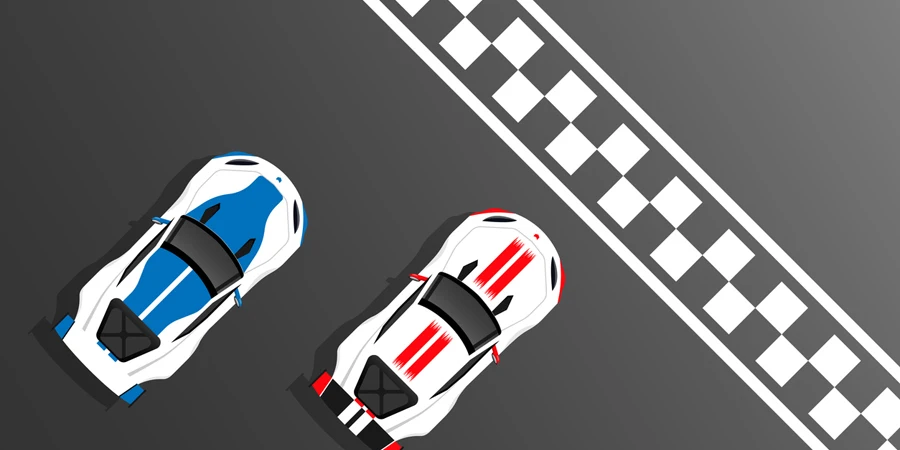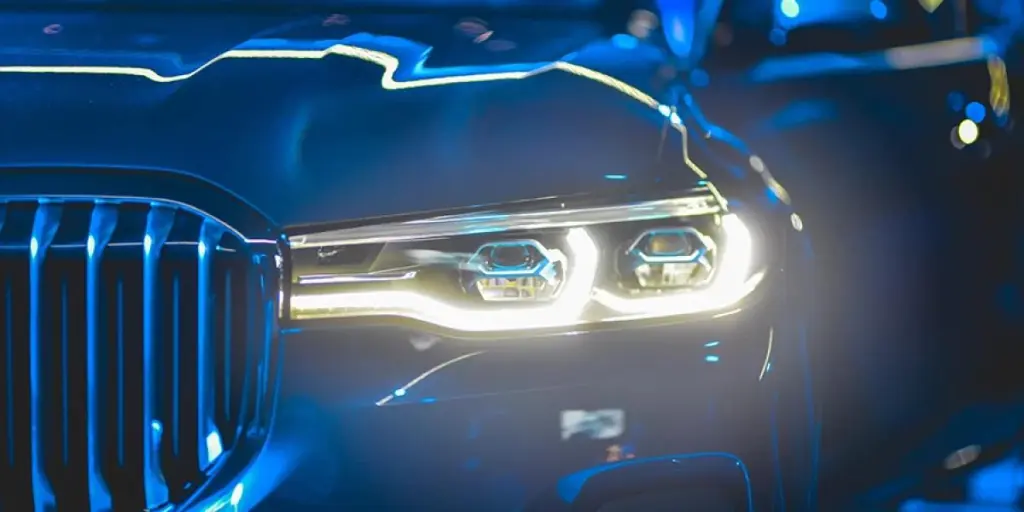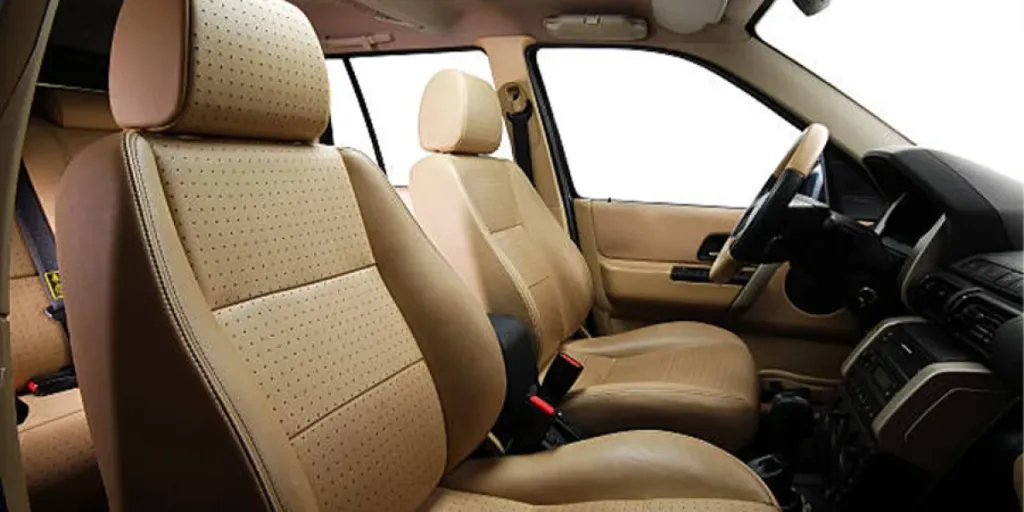Bosch Engineering and Ligier Automotive have taken their Ligier JS2 RH2 hydrogen-powered demonstrator vehicle (earlier post) to the next level. In recent months, tests have been carried out to test the engine and the entire vehicle for robustness and endurance performance and to optimize the drive concept further.

By systematic application, a high power of 443 kW, a torque of 650 N·m and an excellent transient response of the 3.0-l biturbo hydrogen engine could be achieved. In addition, the robustness and long-term performance of the hydrogen systems under extreme operating conditions and at outside temperatures from 0° to +35°C were ensured by extensive tests and simulations.
As part of the high-speed tests, the vehicle repeatedly reached a top speed of more than 280 km/h (174 mph) without irregularities and thus the potential for a top speed close to 300 km/h (187 mph). Overall, the vehicle completed more than 5,000 test kilometers on the racetrack under high loads without any special abnormalities. This roughly corresponds to the race distance covered by the winning teams at the 24 Hours of Le Mans in recent years.
The results show that our hydrogen concept could meet the extreme requirements of a long-distance race and provide an excellent development basis for future use in racing cars and high-performance sports cars.
—Dr. Johannes-Jörg Rüger, President Bosch Engineering GmbH
The experience gained with the Ligier JS2 RH2, for example in the design of the high-pressure tanks and the complex hydrogen safety concept with active and passive measures, is incorporated into future customer projects of both companies.

Currently, the storage concept for hydrogen for mobile applications is mainly considered to be gaseous hydrogen, which is stored in the vehicle under high pressure up to 700 bar. Due to the higher storage density, liquid hydrogen could also offer an alternative storage option in the long term.
Bosch Engineering and Ligier Automotive are currently expanding their development expertise with this technology. Both companies have already produced their initial concept studies to integrate liquid hydrogen systems in vehicles.

In the development of the Ligier JS2 RH2, Bosch Engineering was responsible for the overall vehicle design and significantly implemented the development of the engine and tank concept as well as a comprehensive multi-stage hydrogen safety system. Ligier Automotive was responsible for the global vehicle dynamic performance, the design of the monocoque, including all the chassis adaptation of its existing Ligier JS2 R and the complete car cooling system. It also optimized the mechanical components for use with hydrogen and led their overall integration into the new vehicle.
In June, the Ligier JS2 RH2 will be showcased on track this time during the world premiere demo lap reserved for hydrogen-powered racing cars on Saturday 15 June 2024, just a few hours before the start of the 92nd edition of the 24 Hours of Le Mans. It will run along the H24, MissionH24’s hydrogen electric racing prototype and other manufacturers committed to the deployment of hydrogen into motorsport.
Source from Green Car Congress
Disclaimer: The information set forth above is provided by greencarcongress.com independently of Chovm.com. Chovm.com makes no representation and warranties as to the quality and reliability of the seller and products.




